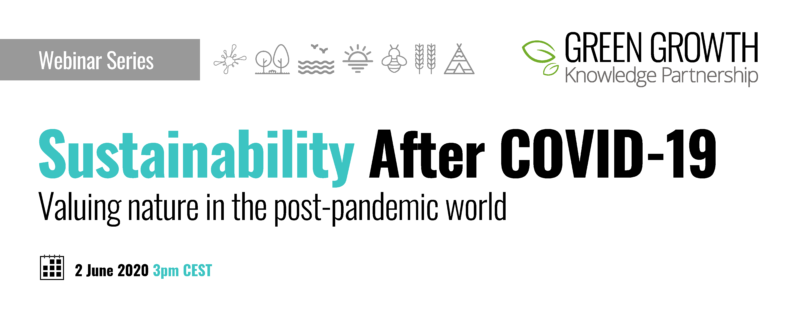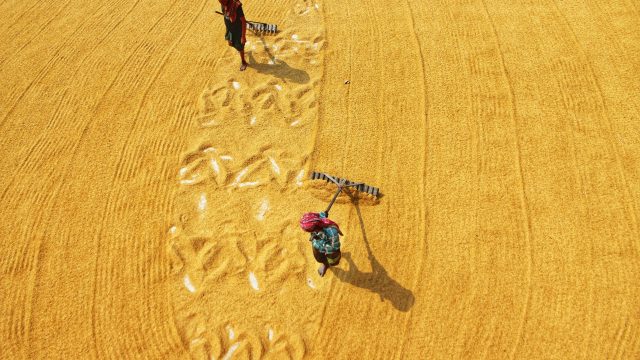Why investing in nature must be part of the COVID solution
COVID-19 has struck a brutal blow to our societies. It's a moment to take stock and choose a new path which respects and protects nature.

How can investment in biodiversity and nature support long-term economic recovery from the COVID-19 fallout?
COVID-19 has struck a brutal blow to our societies. Not only has it exposed structural inequalities as the poorest and most vulnerable in our communities are bearing the brunt of the crisis; but it has also shown the vital connections between human, planetary and economic health. This is a profound moment for us all – government, business, citizens – to take stock.
In stark terms, the global pandemic has been an indication of the impact of some of the more profound challenges on the horizon: rising inequality, biodiversity loss, and climate change. As it stands, our economic systems have been shown to be not only woefully under-prepared for external shocks but readily eroding their own resilience. The interim report of the Dasgupta Review reveals that this in part because our institutions are wired with short-term objectives; our economies and businesses are measured by misleading metrics; and the assumptions underpinning economic decisions are no longer valid.
The good news is that we have the know-how for building resilience back into economic and social systems. Thanks to more interdisciplinary approaches, the connections between human, planetary and economic health – or in economic language, human, natural and physical capital – are better understood than ever before. Rewiring our economies and businesses with a more complete understanding of these relationships is the key to building resilient green economies that are fit for the future.
“ Rewiring our economies and businesses with a more complete understanding of nature is the key to building resilient green economies that are fit for the future.”
To that end, our Economics for Nature project brings together a diverse partnership to explore how economic models for both governments and business can better understand, respect and value nature - and the invaluable economic, cultural, personal and spiritual services it provides.
As part of the E4N project, on the 2 June (3pm CEST) we are co-hosting a discussion on critical issues around the role of natural capital in recovery from COVID-19, including lessons from the Dasgupta Review, and how investment in biodiversity can support long-term economic recovery.
This webinar is funded by the MAVA Foundation and is driven by the Green Economy Coalition (GEC), Green Growth Knowledge Partnership (GGKP), Capitals Coalition, WWF France, and Finance Watch.


